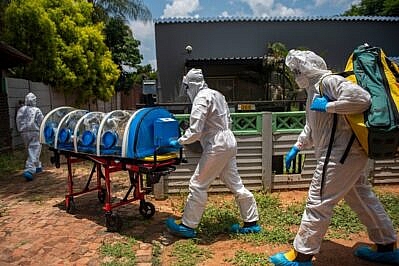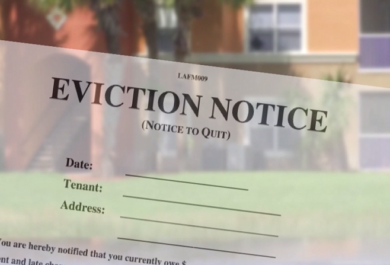A new variant of covid in South Africa is alarming scientists. European and Asian nations are restricting travel from the region.
Summary
A new “fast-spreading” strain of COVID-19 has emerged in South Africa, putting scientists on edge.
- The concern has prompted the European Union nations to restrict travel from southern Africa.
- British health officials are concerned over the “significant number of mutations” of the new variant, suggesting it could be “more transmissible” and vaccines could be “less effective.”
- Asian nations such as India and Singapore are restricting travel from the southern Africa region as well.
- A subcommittee of the World Health Organization will conduct an emergency meeting to discuss the situation and cautioned people to not have “knee jerk responses” to the emergence of the variant.
- The emergence of this new variant comes as Europe is in the midst of a “fourth wave” and many nations are implementing new restrictions for unvaccinated citizens.
![]()
- CNN quoted a director of the South African Center for Epidemic Response and Innovation as saying the new variant will put “pressure” on the country’s health system soon.
- Newsweek noted there were only 10 cases of the new variant reported between Botswana, South Africa, and Hong Kong.
- The Guardian highlighted publication by a UK virologist sounding the alarm on Twitter about the “incredibly high amount of spike mutations” in the variant.
![]()
- The New York Post reported on largely the same facts as other outlets but emphasized the UK travel restrictions on six south Africa counties.
- Newsmax’s coverage of the new variant consists exclusively of wire reports but provided original reporting on nearly 200 state legislators writing to the White House asking President Biden to rescind the employer vaccine mandate.
- Fox News reported a nugget not found elsewhere: Israel detected a new coronavirus variant from a traveler from Malawi. The report does not state if it is the South African variant in question or another strain.
Author’s Take
Most of the cases appear to be in Botswana and South Africa. Their full-population vaccination rates are 20% and 23.8%, respectively, compared to 42.7% globally. The question of whether a largely unvaccinated population could create the conditions for rapid mutations of a virus needs to be asked and should be at least a part of the coverage.
© Dallas Gerber, 2021






